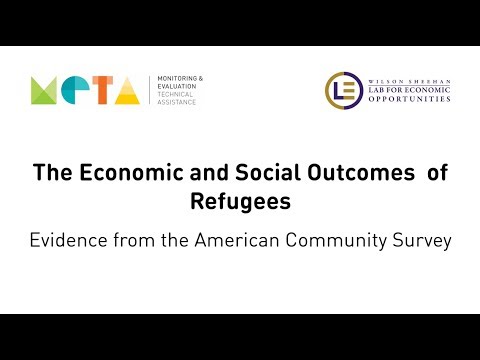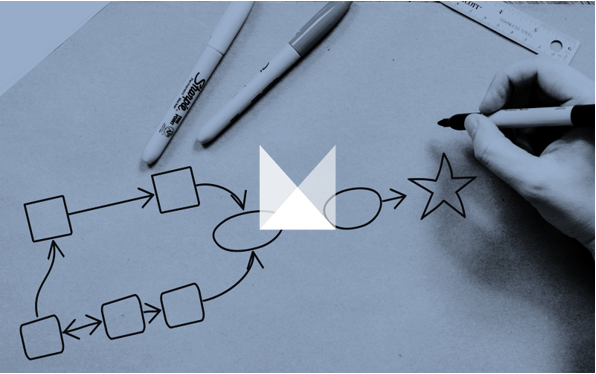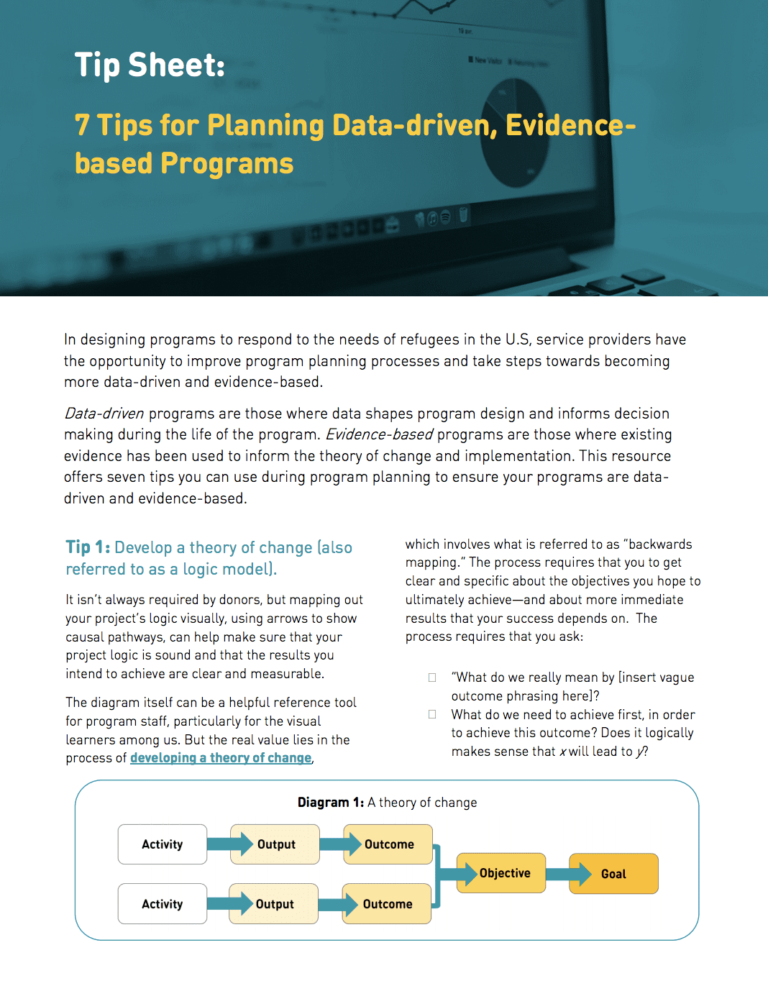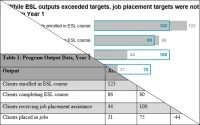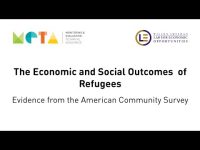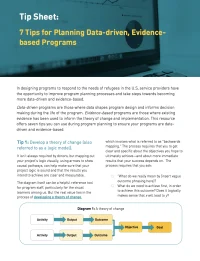This blog post was written by the Monitoring and Evaluation Technical Assistance (META) Project and is included as an archived post on the Switchboard blog. If you serve refugees in the U.S., you’ve probably experienced a common challenge: translating all of the valuable data you collect into relevant messages for a given audience, whether they […]
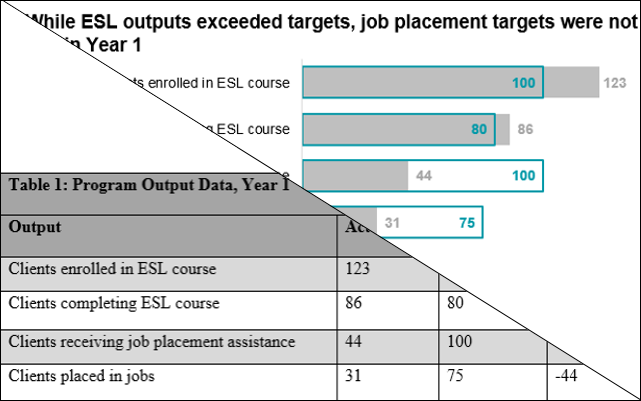
Blog Post
Data Visualization Made Easy: Program Output Data Before and After
This blog post was written by the Monitoring and Evaluation Technical Assistance (META) Project and is included as an archived post on the Switchboard blog.

